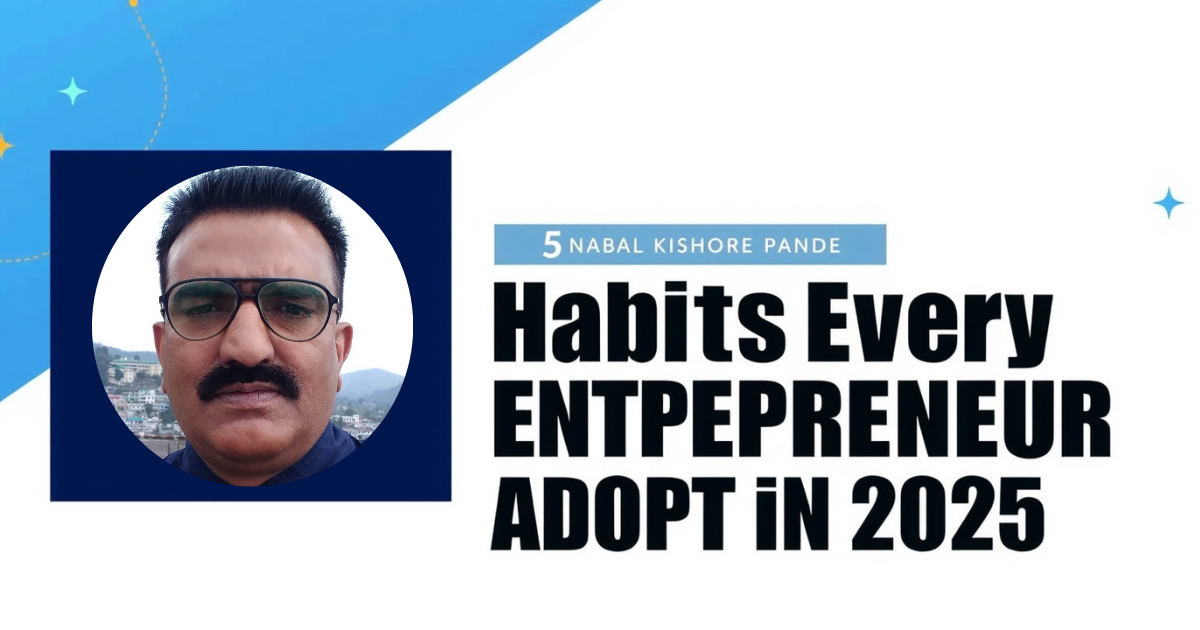
Artificial intelligence (AI) stands at the forefront of innovation in today's rapidly evolving digital landscape. However, as industries race to adopt and promote AI-powered technologies, a new deceptive practice has emerged: AI washing. Much like the notorious greenwashing seen in environmental claims, AI washing involves exaggerating or misrepresenting a product or service’s use of AI to lure in consumers and investors with promises of next-level functionality that simply do not exist.
What Is AI Washing?
At its core, AI washing is the practice of branding a product or service as “AI-driven” even when it relies solely on basic, rule-based software or traditional data processing techniques. Companies employ this tactic to ride on the popularity of AI, enticing both the tech-curious consumer and the profit-seeking investor. This exaggerated portrayal is particularly problematic because it masks the true technological capabilities of the product, potentially misleading stakeholders about the real benefits of the offered service.
The Allure of AI in a Competitive Market
Artificial intelligence, with its potential to revolutionize industries from healthcare to finance, has sparked a fervor among companies wanting to gain a competitive edge. Tech giants and small startups alike are investing heavily in AI research, hoping to tap into its limitless possibilities. However, the widespread enthusiasm surrounding AI has led to scenarios where businesses feel compelled to label their offerings as “AI-powered” regardless of the underlying technology.
The reasons for this trend are clear:
Consumer Curiosity: Buyers are fascinated by the promise of smarter, more intuitive technology.
Investor Excitement: Venture capitalists and investment firms are eager to finance ventures that appear to be riding the wave of innovation.
Market Differentiation: In a crowded marketplace, claiming to be AI-driven can set a product apart from its competitors, even if the claim is misleading.
Real-World Examples of AI Washing
The pattern of AI washing is evident across industries. Consider the beverage industry, where one company attempted to revitalize its image by introducing a new drink it claimed was developed using AI. In reality, while the narrative was enticing, the science behind flavor creation did not truly incorporate any sophisticated AI techniques. AI, by its nature, is not capable of creating or identifying taste—a task that remains firmly in the realm of human expertise and traditional food science.
Similarly, in March 2024, the U.S. Securities and Exchange Commission (SEC) fined two investment firms—Delphia Advisors and Global Predictive Analytics—for falsely portraying their investment models as AI-powered. Investigations later revealed that these models were based on conventional data analysis methods rather than advanced machine learning or deep learning algorithms. This case underscores the broader issue: When companies make unfounded claims about their technological capabilities, they not only mislead consumers but also risk legal repercussions.
The Impact on Startups and the Global Market
Research highlights the widespread prevalence of AI washing. According to a Stanford University study conducted in 2023, more than 60% of startups claiming their products are AI-powered do not use advanced AI techniques such as machine learning or deep learning. This misrepresentation is particularly rampant in markets outside of the United States. For example, in India, the number of tech startups has soared, with reports suggesting that by 2024, over 100,000 startups will have emerged in the tech sector. A significant number of these companies incorporate “AI” into their marketing language, irrespective of the authenticity of their technological infrastructure.
This trend of exaggerating technological capabilities is not limited to startups. Even well-established companies sometimes exploit the appeal of AI to enhance their market image. The resulting disconnect between marketing claims and actual product functionality not only confuses consumers but also contributes to an overall erosion of trust in technological innovation.
Why AI Washing Is a Concern for Consumers and Investors
The practice of AI washing presents several challenges:

Misleading Marketing: When companies overstate their use of AI, consumers might invest in products that do not deliver the promised benefits.
False Sense of Security: Investors might back enterprises based on perceived technological superiority rather than actual performance metrics.
Hindrance to True Innovation: The focus on AI labels may divert attention from genuine technological advancements, allowing companies that are merely riding the AI hype to overshadow those making real progress.
Regulatory Oversight: The ambiguous definition of AI makes it difficult for regulatory bodies to hold companies accountable. Unlike financial fraud or product safety violations, AI washing exists in a gray area where legal definitions and standards have yet to catch up with technological advancements.
The Need for Regulatory Clarity
One of the key reasons behind the proliferation of AI washing is the lack of clear regulatory guidelines. Today, the term “artificial intelligence” is broad and often loosely defined, which allows companies to claim AI capabilities without providing substantive evidence. In contrast to sectors with well-defined regulatory benchmarks, the tech industry currently lacks robust standards specifically governing AI claims.
To combat AI washing, industry regulators and advertising standards councils need to collaborate and develop precise guidelines. These rules should:
Define AI clearly: Establish a universally accepted definition of what constitutes AI and differentiate it from rule-based algorithms.
Hold Companies Accountable: Introduce stringent measures to penalize companies that misrepresent their technological capabilities.
Promote Transparency: Encourage businesses to provide concrete details about the AI technologies they use, supported by verifiable data and third-party audits.
Moving Forward: Embracing Authentic Innovation

Consumers, investors, and regulatory bodies must all adopt a more critical approach to claims of AI integration. Being well-informed and questioning the authenticity behind these claims can push companies to prioritize genuine innovation over superficial marketing tactics. The industry must move away from the allure of buzzwords and ensure that technological progress is both honest and transparent.
The promise of AI is vast, and when harnessed correctly, it holds the potential to reshape industries and improve human life significantly. However, to realize this vision, we must expose and correct the misleading practices of AI washing. Only through collective effort—by fostering regulatory clarity and encouraging honest innovation—can we unlock the true transformative power of artificial intelligence without falling prey to its deceptive marketing.
In conclusion, while the future of AI is undoubtedly bright, the challenge remains to differentiate between authentic technological breakthroughs and mere marketing spin. Stakeholders across the board need to demand accountability and transparency. This will not only protect consumers and investors but also pave the way for sustainable, innovation-driven growth in the digital age.
#AIWashing #ArtificialIntelligence #TechEthics #AITransparency #MisleadingMarketing #ResponsibleAI #StartupCulture #DeepTech #AIRegulation #TruthInTech





















Write a comment ...